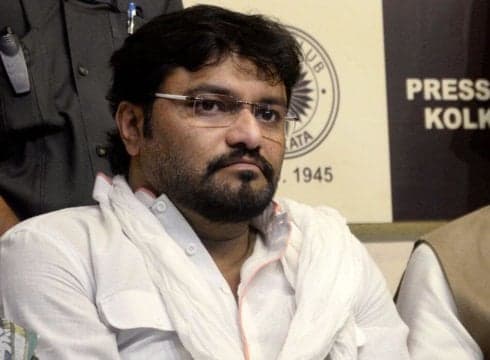The Development Comes At A Time When The Indian EV Market Is Seeing Increased Participation Of Corporates, Startups
Inc42 Daily Brief
Stay Ahead With Daily News & Analysis on India’s Tech & Startup Economy
Despite the increasing participation of corporates, startups and investors in the electric mobility drive of the Indian government, it seems that there are currently no concrete plans to switch to all electric vehicles by 2030. As per reports, the Parliament was informed of this during a Lok Sabha meeting yesterday.
“There are, at present, no plans under consideration of the Department of Heavy Industry to make all vehicles in the country powered by electricity by 2030,” said Babul Supriyo, Minister of State for Heavy Industries and Public Enterprises in a written reply.
According to sources, his reply was in answer to a question raised in Lok Sabha about the government’s plans to transition to EVs by 2030.
The development comes just over a week after Minister of State for Power and Renewable Energy Piyush Goyal had stated, “We are going to introduce electric vehicles in a very big way. We are going to make electric vehicles self- sufficient like UJALA. The idea is that by 2030, not a single petrol or diesel car should be sold in the country.”
In response, however, Mercedes-Benz India MD and CEO Roland Folger had urged the government “not to rush with the all-EV push” and thus “foreclose better technological options” for future generations as the rest of the world is racing to run on hydrogen and not electricity.
During a media interaction, Folger pointed out two important points that the Indian government might have missed while aiming to go all EV by 2030.
First of all, the plan to go all EV by 2030 is not a viable solution as most of the automobile companies haven’t yet started their EV production in India. Secondly, Roland believes that it would foreclose the other options and better technologies that automobile companies are currently looking into.
Incidentally, the Ministry of Heavy Industries recently gave its approval to the introduction of EV-based public transportation systems in 11 cities across the country. These include Delhi, Mumbai, Ahmedabad, Bengaluru, Jaipur, Lucknow, Hyderabad, Indore, Kolkata, Jammu and Guwahati.
A total of 47 proposals from 44 cities were received by the ministry, requesting nearly 3,144 electric buses, 2,430 electric four-wheeler taxis and as many as 21,545 electric three-wheelers. This translates to around $632.2 Mn (INR 4,054.6 Cr) of financial support from the centre. Given the limited funds under the FAME scheme, however, only 11 cities have been shortlisted at the moment.
The Phase 1 of the FAME scheme was launched in 2015 and is set to expire on March 31, 2018. Under this scheme, the Karnataka government also recently announced plans to purchase 640 electric vehicles including 40 will be buses, 100 cars and 500 three-wheelers.
According to a report released by the Society of Manufacturers of Electric Vehicles (SMEV) in November, around 25,000 EVs were sold in the country during the last fiscal year, of which Gujarat, WB, UP, Rajasthan and Maharashtra contributed up to 13,957 units of electric two- and four-wheelers.
As per a study by FICCI and Rocky Mountain Institute, transitioning to 100% electric vehicles could help India could help save up to $300 Bn (INR 20 Lakh Cr) in oil imports and nearly 1 gigatonne of carbon dioxide emissions by 2030. Irrespective of whether the government decides to make the switch by 2030, transitioning to all electric cars would be essential in order to not only reduce pollution levels but also lower consumption of traditional fossil fuels.
{{#name}}{{name}}{{/name}}{{^name}}-{{/name}}
{{#description}}{{description}}...{{/description}}{{^description}}-{{/description}}
Note: We at Inc42 take our ethics very seriously. More information about it can be found here.


